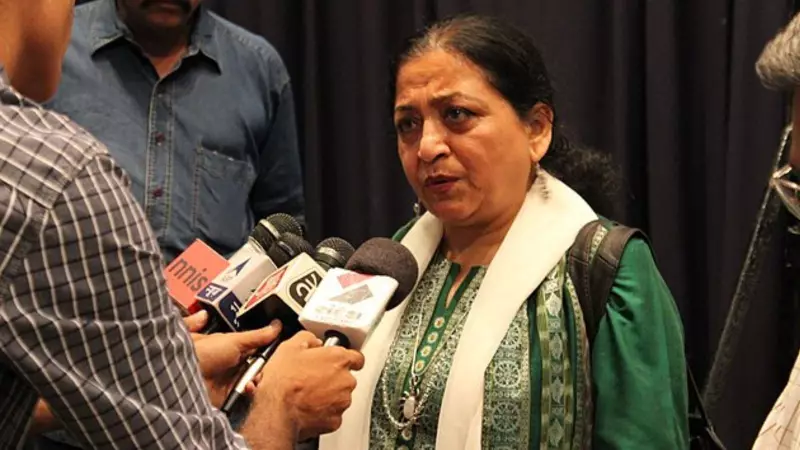
In a significant victory for free speech advocates, the Delhi High Court has dismissed a controversial attempted murder case filed against prominent academic and writer Madhu Kishwar. The case stemmed from her social media posts criticizing certain individuals.
Court Delivers Scathing Rebuke to Prosecution
Justice Swarana Kanta Sharma delivered a strongly-worded judgment, describing the allegations against Kishwar as "incredible" and "fantastic." The court noted that the attempt to invoke Section 307 of the Indian Penal Code (attempt to murder) was completely unjustified and lacked any legal basis.
"The allegations, even if taken at face value, do not disclose any ingredients of the offence of attempt to murder," the judge observed, highlighting the prosecution's failure to establish how Kishwar's actions could constitute attempted murder under Indian law.
Background of the Controversial Case
The legal troubles for the well-known academic began when a man named Peeush Goyal filed a complaint alleging that Kishwar's Twitter posts had endangered his life and amounted to attempted murder. The case had been pending before a trial court since 2021.
Kishwar, a respected scholar and founder of the Manushi journal, had been facing these serious criminal charges for nearly three years before the High Court's intervention.
Broader Implications for Free Speech
Legal experts are hailing this judgment as an important precedent protecting constitutional free speech rights in the digital age. The court emphasized that while social media posts might sometimes be controversial or offensive to some, they cannot be arbitrarily classified as attempted murder without specific evidence of life-threatening actions.
The ruling reinforces the principle that freedom of expression, though subject to reasonable restrictions, cannot be curtailed through exaggerated criminal charges that don't align with the actual nature of the alleged offense.
What This Means for Social Media Users
This judgment serves as a crucial reminder that:
- Legal provisions must be applied appropriately and not misused to silence criticism
- Social media expression, while subject to laws, enjoys constitutional protection
- Criminal charges require actual evidence matching the specific offense
- The judiciary plays a vital role in protecting citizens from frivolous litigation
The Delhi High Court's decision has brought relief not just to Madhu Kishwar but to all advocates of free speech in India's digital landscape.






